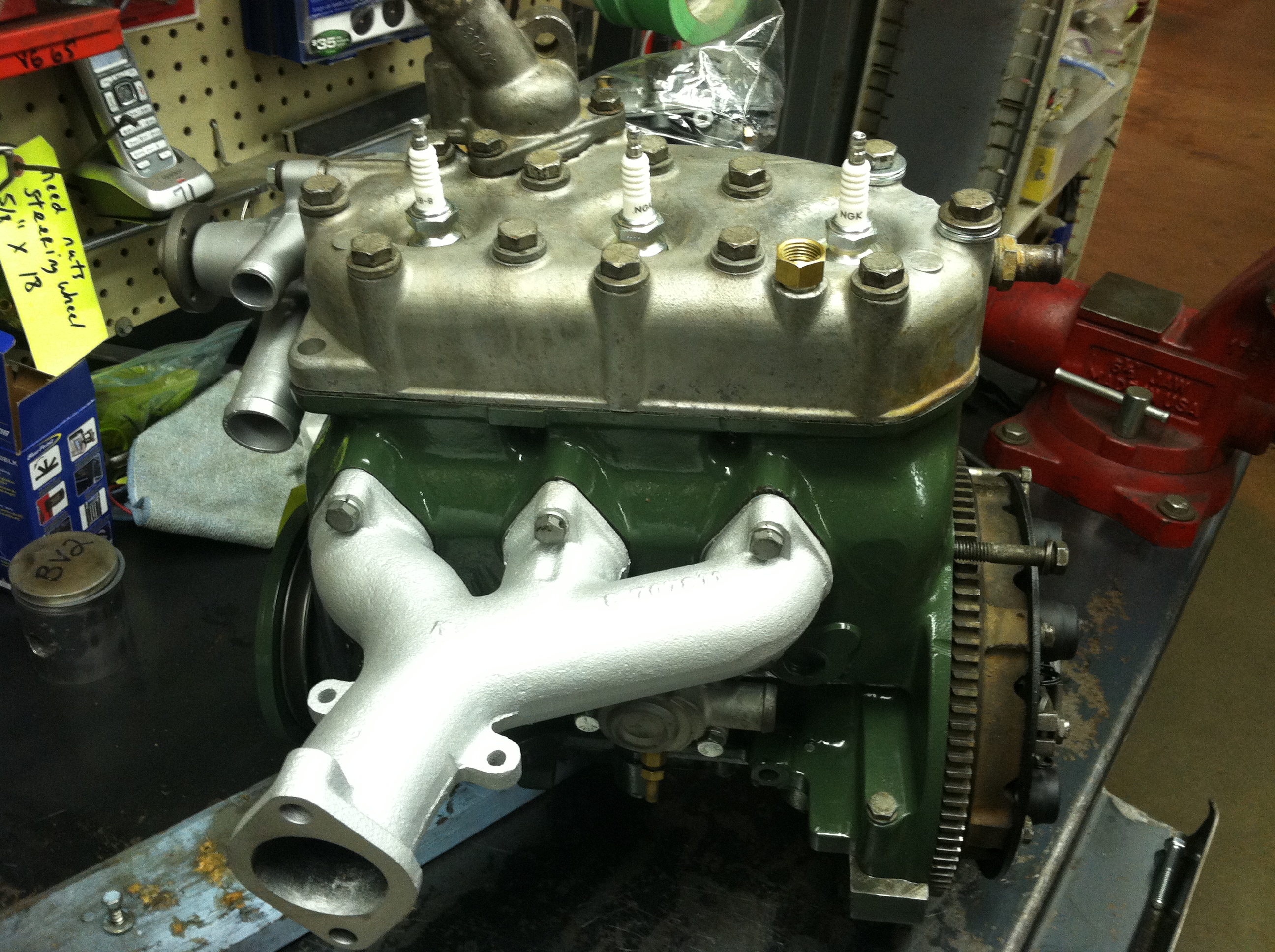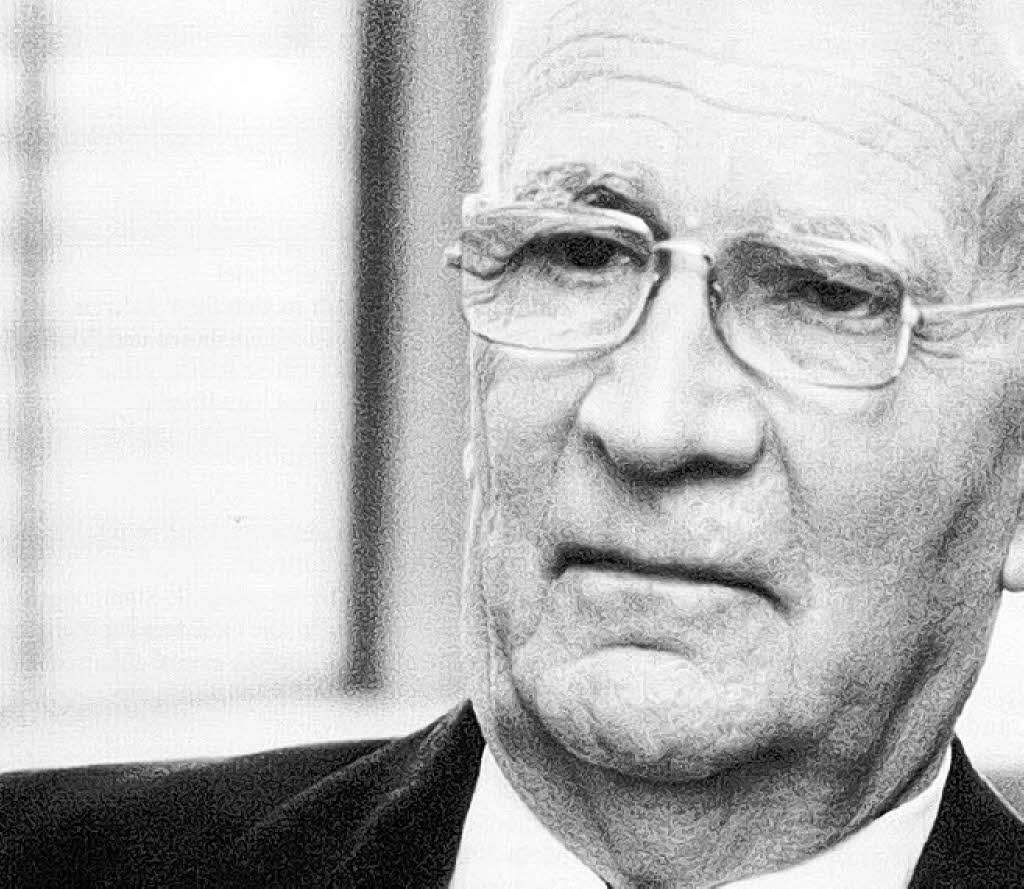Jaguar has casually dropped news that they're putting an in-house-built engine with an "electro-hydraulic" valvetrain into some of their cars. No explanation of how it works (no matter how hard I search), but the engine looks like it doesn't have camshafts 

Koenigsegg Free Valve tech? Jag and the Swedes have anything to do with each other?
bigdaddylee82 wrote:
Koenigsegg Free Valve tech? Jag and the Swedes have anything to do with each other?
I thought the same thing, but Koenigsegg's camless valvetrain is electromagnetic, no hydraulics involved.
Didn't a University test out an electro-hydraulic camless engine like 15 years ago? I remember it being on a Ford 2.3 Lima motor, but of course no the google-fu just keeps showing the Freevalve motor. IIRC, the big holdback was 12V vehicle systems, it needed like 240V minimum or something like that, but now that we have hybrids and electric cars running around with that kind of voltage it becomes kind of "why not?" moment.
Cam less engines can be built at home. I want to do it to my lawnmower. But would probably ky not have the smarts to do it beyond a single cyclindwr.
A coworker once saw an Olds with a camless engine. In Detroit,you could occasionally see that kind of stuff. The best I got to see was a preproduction mustang, out about a year before the rest of the world got to see it.
In reply to Fueled by Caffeine:
You piqued my curiosity. Found this fairly quickly.
https://www.youtube.com/embed/jIEt9Sdsj7U

..Huh. Per Wikipedia:
"The first Saab two-stroke engine was based on a DKW design."
DKW was one of the companies bought by Auto-Union, along with another TLA by the name of NSU, which developed a somewhat more successful and oddly more emissions-friendly camless engine.
Theory: Audi has a thing against camshafts. Certainly anything they build with timing chains doesn't like to turn them for very long.
Here's another one appears to fully electric instead of pneumatic solenoids.
https://www.youtube.com/embed/WRQ9uHhUYu0
As an appliance Service tech, I can attest to the frequency of failure when using solenoids to operate metallic objects via electromagnetism. I'm waiting for one of the big three to roll out an engine like this utilizing solenoids that fail and drop valves into Pistons at speed...
I've often wondered about using solenoids to move the valves. Any cam timing and lift you want.
All of the MotoGP bikes use pneumatic controlled valves. I think even Ducati switched to them. F1 doesn't still use cams, do they? It's not hard, it just hasn't been cost effective yet. With all of the multi phasing cam stuff that is added on these days it makes sense that the cost is converging.

mazdeuce wrote:
All of the MotoGP bikes use pneumatic controlled valves. I think even Ducati switched to them. F1 doesn't still use cams, do they? It's not hard, it just hasn't been cost effective yet. With all of the multi phasing cam stuff that is added on these days it makes sense that the cost is converging.
Nobody is using pneumatically controlled valves, although pneumatic valvesprings have been in use for quite some time. Valvespring life can be depressingly short with high lift and RPM and valve acceleration, if you use compressed air for a spring then any issues with harmonics just disappear.
As far as I know, TRUE electric-solenoid valve operation is still limited to very low rev applications. The problem is in being able to close the valves in a controlled manner, easy to do with a camshaft, hard to do electrically. Engineer a way to close the valves in a way that doesn't beat the seats up, you csn't rev very high. Engineer a way to rev high, you trash the seats and the valves.

noddaz
SuperDork
9/19/16 8:20 p.m.
I downloaded Jags spec sheet for the Ingenium engine. It says the engine has (and I quote) 4 valves/ cylinder; DOHC, chain-drive;
variable intake and exhaust cam timing;
electrohydraulic fully variable intake valve lift system
Manufacturer’s figures; correct at time of going to press
In reply to Knurled:
Crap, you're right and I'm wrong. It's pneumatic springs. Sorry. 
noddaz wrote:
I downloaded Jags spec sheet for the Ingenium engine. It says the engine has (and I quote) 4 valves/ cylinder; DOHC, chain-drive;
variable intake and exhaust cam timing;
electrohydraulic fully variable intake valve lift system
Manufacturer’s figures; correct at time of going to press
Makes me think it's a patent-workaround of the BMW electric motor/worm-gear infinitely variable intake lift setup whose trade name escapes me at the moment.

06HHR
HalfDork
9/19/16 9:06 p.m.
Knurled wrote:
noddaz wrote:
I downloaded Jags spec sheet for the Ingenium engine. It says the engine has (and I quote) 4 valves/ cylinder; DOHC, chain-drive;
variable intake and exhaust cam timing;
electrohydraulic fully variable intake valve lift system
Manufacturer’s figures; correct at time of going to press
Makes me think it's a patent-workaround of the BMW electric motor/worm-gear infinitely variable intake lift setup whose trade name escapes me at the moment.
Variocam? Wikis say that's Porsche. Valvetronic something or other? I seem to recall somesuch trademark from the Bavarians, wiki says some form of which has been in use since 2001.
Valvetronic sounds about right. Every time I have the valve cover off of one of those, I get nerdsniped into trying to work out, exactly, just hwat the heck is going on in there.



06HHR
HalfDork
9/19/16 9:23 p.m.
 So if I understand the illustration correctly the camshaft is still responsible for timing, that doohickey with the electric motor and springs and such is responsible for valve lift and control. All that's missing is unicorn farts and fairy dust..
So if I understand the illustration correctly the camshaft is still responsible for timing, that doohickey with the electric motor and springs and such is responsible for valve lift and control. All that's missing is unicorn farts and fairy dust..

jstand
HalfDork
9/20/16 5:40 a.m.
Sounds a lot like the FCA Multiair engine that is in 500:
FCA multiair
The multiair system is what I would consider "Electrohydraulic"

STM317
HalfDork
9/20/16 7:04 a.m.
GameboyRMH wrote:
I thought the same thing, but Koenigsegg's camless valvetrain is electromagnetic, no hydraulics involved.
The Konigsegg concept does have hydraulic components (as well as pnuematics and electronics):
https://www.youtube.com/watch?v=OZWeNPi2XkE
Also, there's an exploded view of the Jag Ingenium engine that appears to show a camshaft here:
http://www.jaguar.co.uk/about-jaguar/ingenium-engine.html
Second paragraph on page 2 of this article elaborates on the valve train: http://wardsauto.com/engines/jlr-adds-gasoline-version-ingenium-engine-family?page=2
“The new key technologies being introduced are the hydraulically controlled inlet valve system to manage timing and valve lift. This is controlled through an accumulation system with the camshaft acting on a plunger to pressurize oil in an accumulation chamber and then the oil is released through a solenoid valve connected to the top of the valve. Through control of that solenoid we can manage both the time and duration of the pressure on top of the valve, effectively controlling valve timing and lift.”

kb58
Dork
9/20/16 8:37 a.m.
Trackmouse wrote: ...I'm waiting for one of the big three to roll out an engine like this utilizing solenoids that fail and drop valves into Pistons at speed...
I assume they still use traditional valves and springs, so if the solenoid fails, the valve should remain shut.
Trackmouse wrote:
As an appliance Service tech, I can attest to the frequency of failure when using solenoids to operate metallic objects via electromagnetism. I'm waiting for one of the big three to roll out an engine like this utilizing solenoids that fail and drop valves into Pistons at speed...
In production or prototypes?
For years, we had a car with solenoid valvetrain and no cams.
Lots of things were learned....
But the system that was needed to drive it was pretty impressive, in size.

I went to a SAE conference in Detroit when I was a teen, 30 years ago and saw an assembled head with valve springs and valves operated via electro-magnetic operation where the valve would be in the half open position at rest and when the upper magnet was activated the valve would close. When the other magnet was activated the valve would open. This eliminates the cam and other related valvetrain and could eliminate any solenoid failure that would cause catastrophic engine damage. However it is still complex and has the valve closing harshness issue to overcome.
I'm curious why the cam and valveless set up using a rotary valve design hasn't been developed more. This would completely eliminate the possibility of valve to piston contact at any valve or piston position and in the case of complete failure. It also allows for variable valve opening and duration using much more proven and simple cam style phasing. Add in factors such as no valve shrouding and less parts, the ability to work with gas or alternate fuels and allow for higher compression and it seems like a great system no one has developed. My understanding (limited for sure) is that sealing the combustion chamber is the big hurdle.
![]()





























